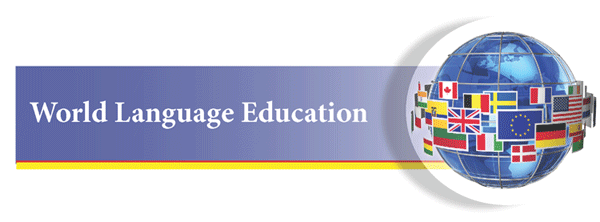Nebraska World Language Standards Process
The Impetus
In 2016, Dr. Janine Theiler initiated the first World Language Colloquium to discuss and establish priorities for NDE in meeting the needs of world language teachers across the state. Task force groups were formed to address needs in the areas of programming, proficiency, professional learning, advocacy and collaboration. Around that time, NDE decided to establish a consistent and cohesive plan to creating and revising standards in all content areas. A schedule for revision was created that marked 2018 as the year for World Language revision.
The Research
The Nebraska Department of Education sent a statewide survey to all world language teachers in December 2017. Teachers were asked for input that would help to shape the discussion at the upcoming second World Language Colloquium. Questions included prompts for language demographics, materials used, the role of the current world language frameworks, and professional practices.
World Language Colloquium 2018
Forty participants gathered in Lincoln in February 2018. The majority of participants were those who had participated in the 2016 Colloquium. Representatives from districts throughout the state, technical colleges, universities, educational service units, and international associations discussed the purpose of language learning and the skill sets that it requires.
World Language Standards Advisory Council
Seventeen educators arrived in Lincoln in June and August 2018 to author the revised standards. The group analyzed and compared standards from other states, from other content areas, and from national organizations both language and non-language specific. Working through mindful discussions, the Council established the essentials of world language learning.
World Language Standards Writing Team
The writing team met from October to December 2018 to create indicators at specific proficiency levels. The proficiency levels established by the American Council on the Teaching of Foreign Languages are Novice, Intermediate, Advanced, Superior, and Distinguished.
World Language Standards Focus Teams
Areas of special focus were language immersion, heritage speakers, classical languages, critical languages, and Native American languages. These groups met electronically to provide input into the standards.
Editing
A small group met to edit the document in order to ensure consistency in language, formatting and proper usage.





